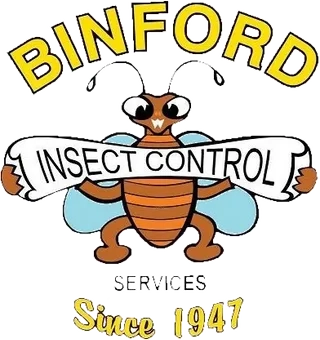How To Choose a Pest Control Company
When picking a pest control company, you want to find the right one to meet your needs. You may take into consideration a company's qualifications, methods, years of experience, customer reviews, and cost of services.
Below, we explore the details of each factor.
Does the company have a valid license and permits to perform pest control?
All pesticide applicators, as well as those that supervise them, should be licensed via the appropriate Texas regulatory agencies. The United States Environmental Protection Agency (EPA) has established minimum standards of competency, while issuing, maintaining, and revoking licensing is handled at the state level.
Is the company a member of any professional organizations?
Obtaining additional optional certifications can help show that a pest control company is reputable. One of these is the GreenPro Service Certification. To receive this certification, a company must show that its methods are more environmentally friendly and that its employees receive up-to-date training. Other certifications can be obtained through trade organizations like QualityPro.
A pest control company can also belong to various professional organizations. While not required, membership in organizations like the National Pest Management Association (NPMA) or state-level organizations help demonstrate a company's reputability. After joining an organization like the NPMA, a company receives access to education, resources, and a network of professionals with whom to share best practices.
Professional Experience and Specialties
Looking at a company's website can tell you how many years it has been in business and what kind of pests it specializes in exterminating. Online reviews can also give you some insight into a company's experience dealing with a certain type of pest. If this information isn't available online, you can try calling the company directly.
Reviews and Recommendations
You can look at a company's reviews and rating on the Better Business Bureau (BBB), check out social media and local review sites to see what other people are saying, or verify its license standing through the Texas licensing board.
Cost of Services and Guarantees
Cost is important when choosing a pest control company. Cost may be determined by the type of pest being treated, your location, the size of your house, and other factors.
A pest control company may offer a free on-site estimate to help you determine if it fits into your budget. You can also look at whether it offers a guarantee of satisfaction.
Safety and Treatment Methods
Your choice of pest control provider might be influenced by how environmentally friendly a company's practices are, in addition to how safe its methods are around your family and pets.
Safety
Your pest technician should be using low toxicity or non-toxic pesticides whenever possible. If any pesticides they intend to use don't fit into one of these categories, your technician should explain what safety precautions they plan to use to protect you, your family, and your pets. Pesticides that pose more than a minimum risk should be registered with the EPA.
Treatment Methods
You can ask if your technician will begin with lower-toxicity, more natural options before trying harsher chemicals.
Many companies are using Integrated Pest Management (IPM) to reduce personal or environmental risk when treating pest infestations. The steps of IPM are as follows:
- Identify the source of the pest problem and determine whether immediate action is needed.
- Decide on the safest course of action.
- Manage the pest problem using a combination of mechanical, physical, biological, and cultural controls.
- Use chemical controls only if needed, and always in combination with other techniques for effective long-term pest management.
- Observe the results and provide additional pest control as needed.

















